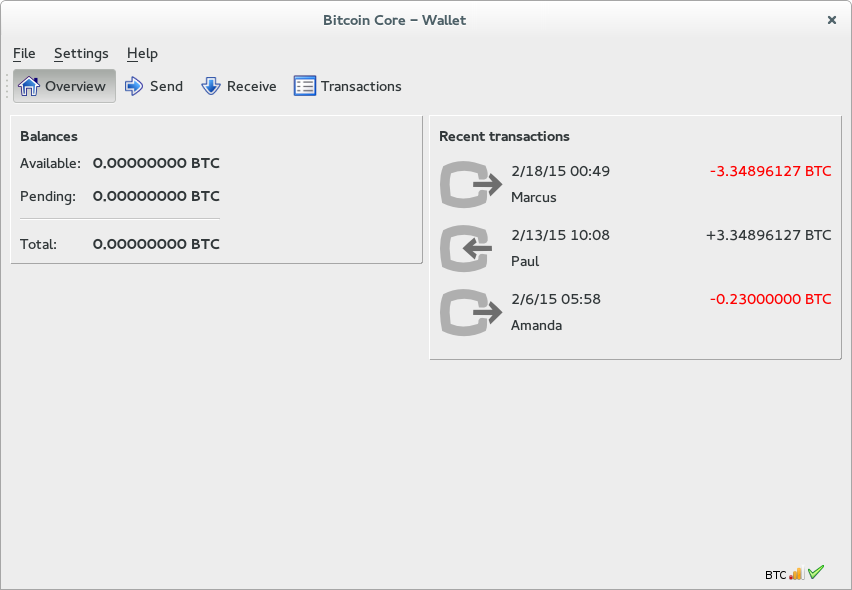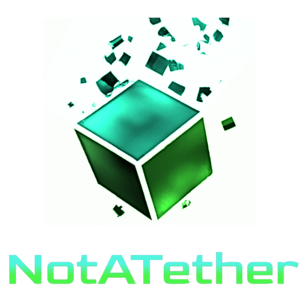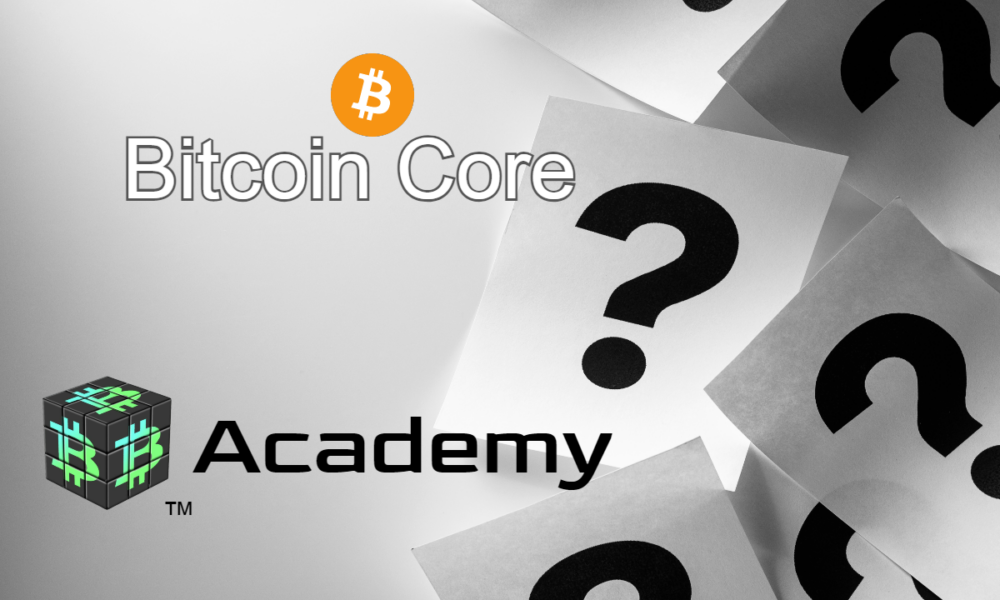Bitcoin Core or Bitcoin client is a full node that stores the blockchain on users’ computers and validates transactions. This program is a memory of Satoshi Nakamoto and makes the Bitcoin function possible. This program is made to identify valid blocks in which there are network transactions.
What is a Bitcoin client?

Bitcoin client or (Bitcoin Core) is responsible for the entire protocol and full implementation and the mother of all bitcoin implementations. Using this program helps the bitcoin blockchain to stay completely decentralized. As a result, there is a difference between this blockchain and other network blockchains.
The program was originally written under the name Bitcoin-Qt by Wladimir van der Laan using source code published by Satoshi Satoshi. As a result, Bitcoin Core is responsible for the entire Bitcoin protocol and its client implementation, which has become the reference on which other developed clients rely.
What sets Bitcoin apart from forks?
Examples of hard forks are BCH (Bitcoin Cash) and BTG (Bitcoin Gold), increasing every year. The origin of the separation of these hard forks is the main bitcoin network. So here Bitcoin client helps to distinguish Hardforkers who have a network very similar to Bitcoin from the main blockchain blocks. People create hard forks when they disagree with the principles of the bitcoin network. It is also possible to create forks of other forked cryptocurrencies.
Who develops Bitcoin Core?
There are almost 100 active contributors to the Bitcoin Core repository on Github. Many people are working on upgrading Bitcoin clients. Core developers are not a focused group of people. Core developers are people from all over the world who each decide how to contribute to the Bitcoin code. As a result, there is no project manager to guide developers in building or building code. However, there is a team of lead developers who make the most important decisions about Bitcoin Core.
Using testnet, a test network is provided for developers to implement their changes there. In the end, anyone can submit their ideas as a (Core developer) to develop bitcoin code, even Satoshi Nakamoto.
What is a Bitcoin Core wallet?

This wallet actually implements a Full Node of the protocol mentioned in the White Paper. Also, it’s the official Bitcoin wallet. It stores all network transactions in the blockchain. This wallet has a lot of security and creates excellent privacy for users. To download this wallet, you only need to enter the main site. You can use the Bitcoin Core wallet after downloading and syncing.
History of Bitcoin Core
Development of this software started from version 0.1.0 that Satoshi created and was only available for Windows. But Satoshi abandoned the development of Bitcoin Core in 2010, and then others continued to develop it. In version 0.5.0 in 2011, the name of this software is Bitcoin-QT.
Finally, in version 0.9.0, it was renamed Bitcoin Core, and after passing several versions, this software became software with desirable and improved capabilities. In version 0.11.2, the developers created conditions to avoid high network costs. So in version 0.12.1, developers made changes to locktime in the Bitcoin client.
Bitcoin client features
- Compatible with a variety of operating systems such as Windows and Mac, etc.
- The Bitcoin client implements Full Nodes.
- It it used to use wxWidgets but Satoshi removed this dependency in 2010.
- Create transaction lists as CSV files and display transaction lists in realtime
- Has different languages such as German and Chinese
- having an easy user interface
Bitcoin client and its future
As a result of people marketing the Bitcoin Core client to enthusiasts and miners, it is the most widely used client for Bitcoin. Currently, there are many opportunities for further development of this software submitted in the form of BIPs (Bitcoin Improvement Proposals).
Before you leave, why don’t you learn more topics like transaction fees at our Academy? We have guides for nearly every blockchain concept.

